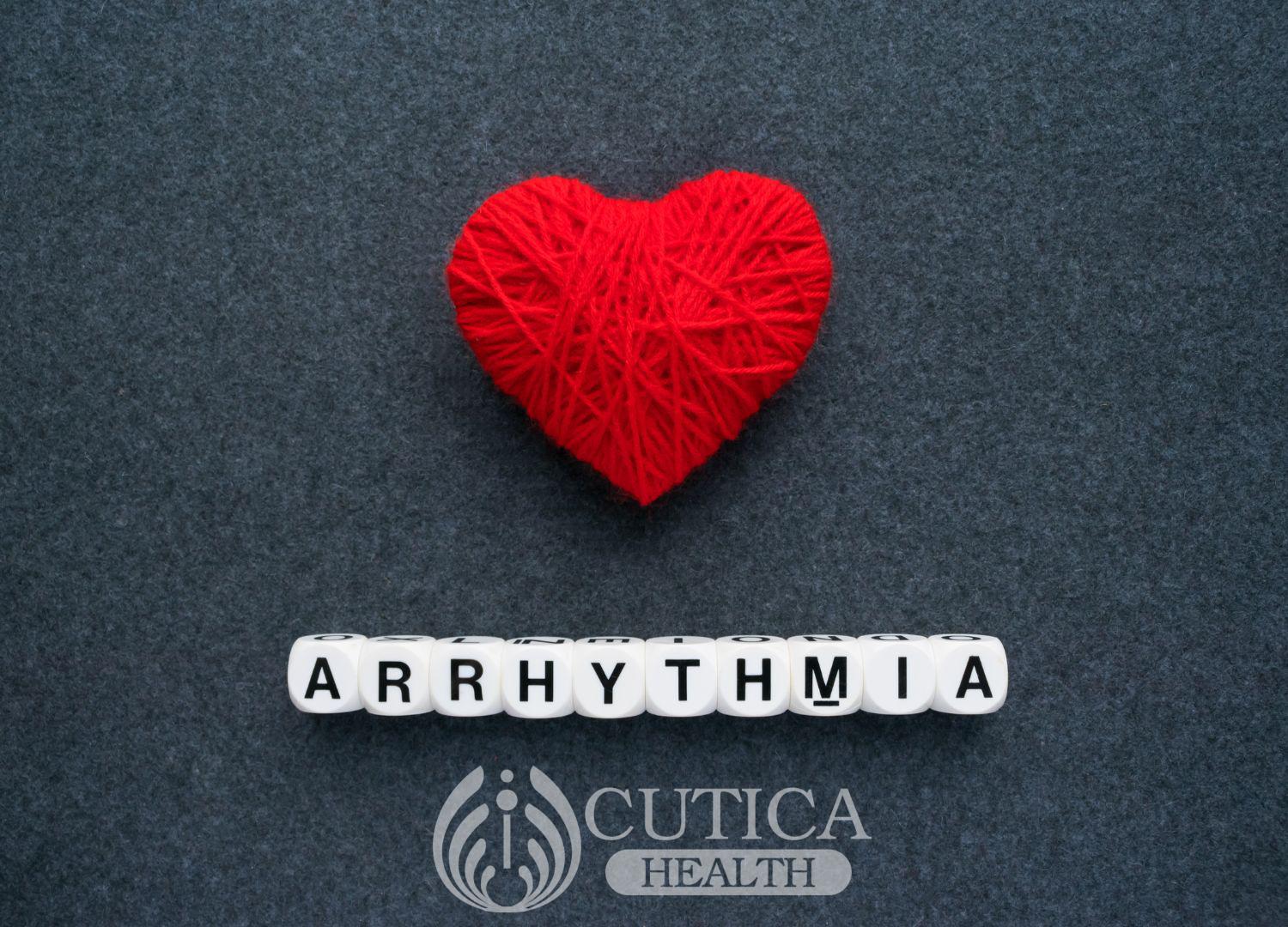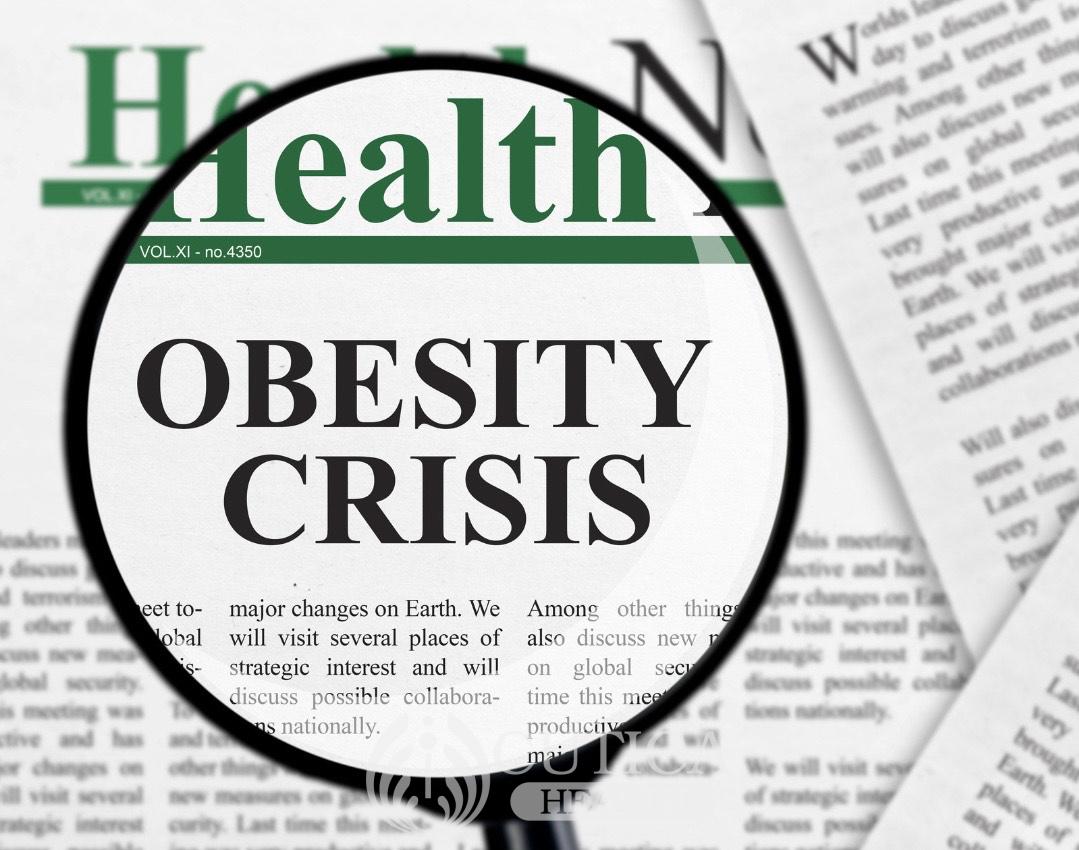
“I woke up feeling very lightheaded, Yomi.My heart was pounding fast and then I found myself on the ground,” Ken said. “Thank God my wife was at home, I probably would not have made it,” he added. “The doctor said it had to do with my heart; my heart beat too fast, it could not pump blood sufficiently to my brain. It was the scariest moment of my life”
The heart beats in a rhythmic way about 75 times (a range of 60 to 100) per minute in an adult. The beats represent the filling in of blood into the heart and pumping out of it. If a doctor listens for these sounds with a stethoscope and the rhythm is lost or the heart beats much slower or faster than normal, it is described as an abnormal heartbeat, or arrhythmia.

The heartbeat is coordinated by a series of electrical signals generated in the heart. If there is a problem with these signals, it leads to abnormal heartbeats.
Types of Abnormal Heartbeats
Heartbeats can be abnormally fast or slow. A heart rate greater than 100 beats per minute is called tachycardia, while heart rate of less than 60 beats a minute is called bradycardia. Examples of these abnormal heart rhythms include:
- Atrial fibrillation: In this condition, the heart loses rhythm and beats extremely fast and irregularly.
- Ventricular fibrillation: The heart beats in a chaotic, fast way in this condition and can lead to death.
- Sick sinus syndrome: Here, the electrical generator of the heart is dysfunctional, causing the heart to beat very slowly.
- Heart block: This is due to damaged or diseased tissue blocking transmission of electric signals in the heart.
Causes of abnormal heartbeats
Common causes of arrhythmias include:
- Heart attack
- Problems with the heart muscle
- An overactive or underactive thyroid gland
- Certain medications
- Alcohol
- Drug abuse
- Infections
Symptoms of abnormal heartbeats
What happens with abnormal heart rate, whether too fast or too slow, is that the heart does not pump blood effectively to itself and other parts of the body. This causes symptoms, including:
- Lightheadedness
- Sweating
- Fainting
- Feelings of impending doom
- A racing heartbeat or a slow heartbeat
- Chest pain
- Shortness of breath

Treatment of abnormal heartbeats
Arrhythmias should be managed early. Doctors often use an electrocardiogram (ECG) as well as other investigations, such as 24-hour heart monitor and an echocardiogram to diagnose the condition. Treatment depends on what type it is and may include:
- Medicines to control the heart rate and rhythm
- Blood thinners are used in the case of atrial fibrillation to prevent formation of dangerous blood clots in the heart
- Defibrillation: This involves using a defibrillating machine to deliver an electric shock to the heart and restore normal rhythm.
- Surgery, including inserting a device to prevent and treat abnormal rhythms or a procedure to burn off areas of the heart that trigger abnormal rhythms.












